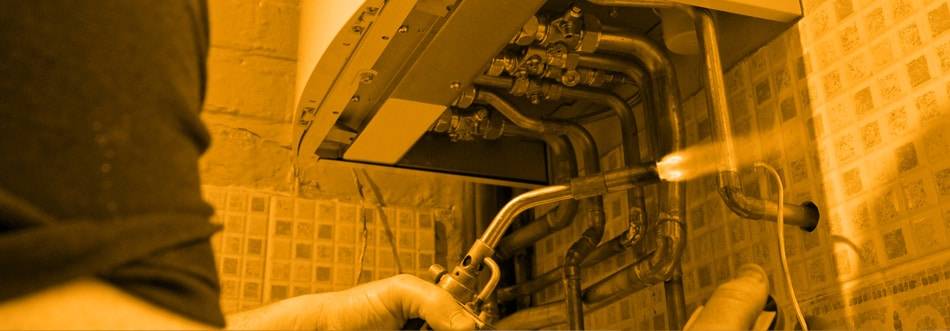 Avoiding the pitfalls of home insurance policies
Avoiding the pitfalls of home insurance policies

Navigating the minefield of insurance is tough, not only for first-time buyers but long-standing homeowners, who are often overpaying for their policies.
A staggering one in four homes in the UK are uninsured, leaving them vulnerable in a house emergency. With the average contents of a home valued at around £35,000, getting protection is essential.
Whether it be a flood emergency, burst pipe, theft or fire damage, it’s important to be covered for the right price. That’s why I’m sharing my advice on getting the best deal and avoiding common mistakes when insuring your home.
Getting the right policy for the right price
As the business of home insurance grows ever more complex, the ability to customise a personal policy to suit your needs is increasingly easier. However, it leaves you open to many unwanted extras.
Firstly, understand what you’re looking for in your policy. Home insurance premiums are calculated one of two ways, sum-insured, or bedroom insured.
Almost half of all houses are bedroom-insured policies and judge your rates based on the number of bedrooms, giving you a higher valuation and guarding against under-insurance.
While sum-insured policies might help save money, to get an accurate quote, you’ll need evidence from a chartered surveyor to reap the rewards of this rate.
As tempting as it may be, never under-insure. If you only provide enough to cover half of the value, the insurance company has the authority to only pay out the percentage equivalent of what you put in, meaning you can still be left footing the bill.
Some houses may be at greater risk of flooding or catching fire, so exploring additional flood insurance and non-standard construction options should be a priority for those concerned.
Reducing the cost
It’s best to spend time shopping around for the best policy, so try not to leave your search to the last-minute and give yourself enough time to explore all your options. Using price comparison websites gives you the transparency needed from providers to compare policies that suit you the best.
One of the simplest ways to slice insurance bills is to pay annually. Pay-monthly insurance policies come with additional charges – usually for the convenience of manageable payments – which is often around 6 percent of the total cost.
When you’re looking to make a switch, make use of deals and opportunities. Many insurance providers offer discounts of up to 10 percent while promising to beat any like-for-like quote.
Certain providers and deals aren’t always available on price comparison sites, so it’s a good idea to call around as well. Don’t be afraid to haggle for a bargain. Those that actively pursue a bargain save, on average, £38 on their policy.
If you’re able to pay more upfront when a housing crisis arises, it could be cost-effective to increase the excess. This can slice premiums dramatically, but it is always a calculated risk, so only add manageable excesses.
Understanding water damage
Despite how common escape of water claims are – where insurers pay out £1.8 million a day – there is often still confusion about levels of coverage.
Once you’ve shut off the supply and a professional plumber has got the situation under control, document the extent of the damage by taking clear photos and videos to validate your claim.
Most water damages are usually covered by Home Emergency cover, but it’s crucial to check beforehand whether these apply as standard to your policy.
People with homes in flood-prone areas usually must get cover from private brokers, who specialise in homes that are more difficult to insure. This has been made more affordable by schemes like Floodre which pays £250 of excesses in troubled areas.
Flood prone areas can send premiums soaring as high as £280. But with the average water damage claim exceeding £10,000, it’s vital you’re covered.
Avoiding the pitfalls
Don’t assume your policy will cover you for everything. Make sure you have a list of anything that could threaten your home and cross-reference it with your policy, to spot any gaps in cover.
Equally, avoid overpaying for insurance. With so many insurance options, it’s best to establish a balance between covering the essentials, while not being cornered into buying unnecessary extras.
It’s smart to be safe but unnecessary add-ons can eat away at your bank balance. Always review your policies and see if you’ve been unnecessarily protected against things like personal device cover, that you may already have elsewhere.

